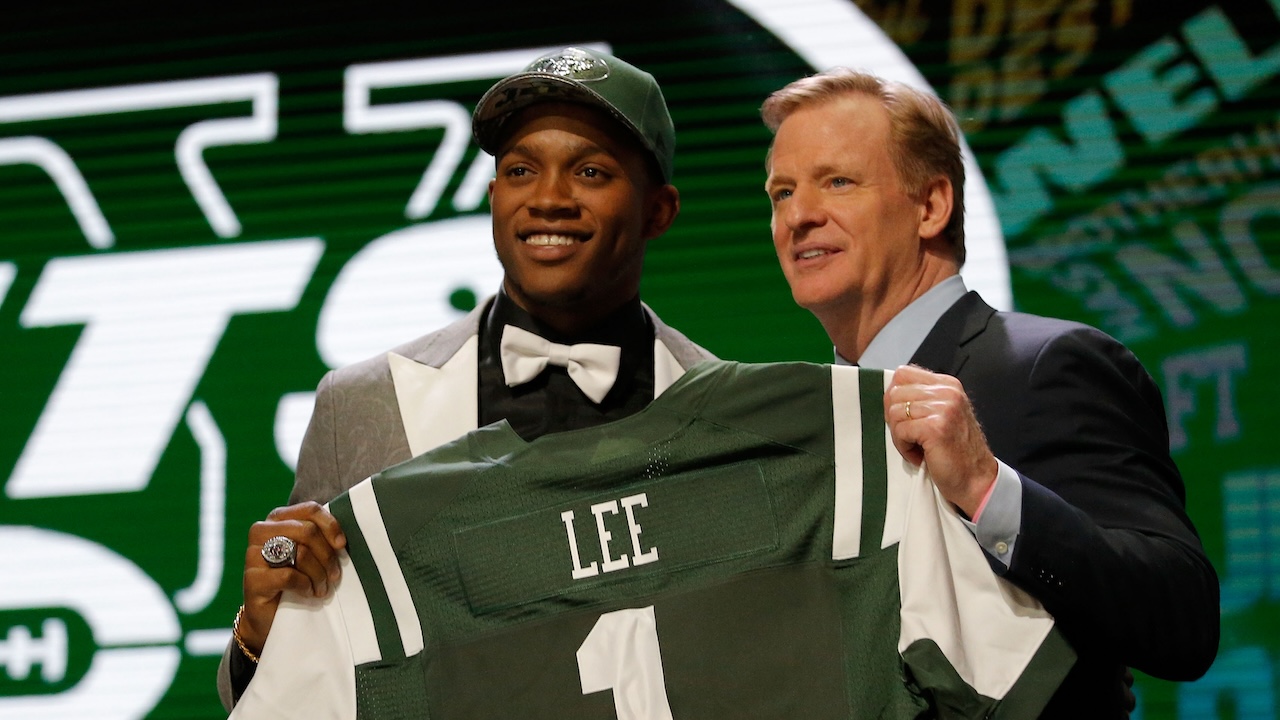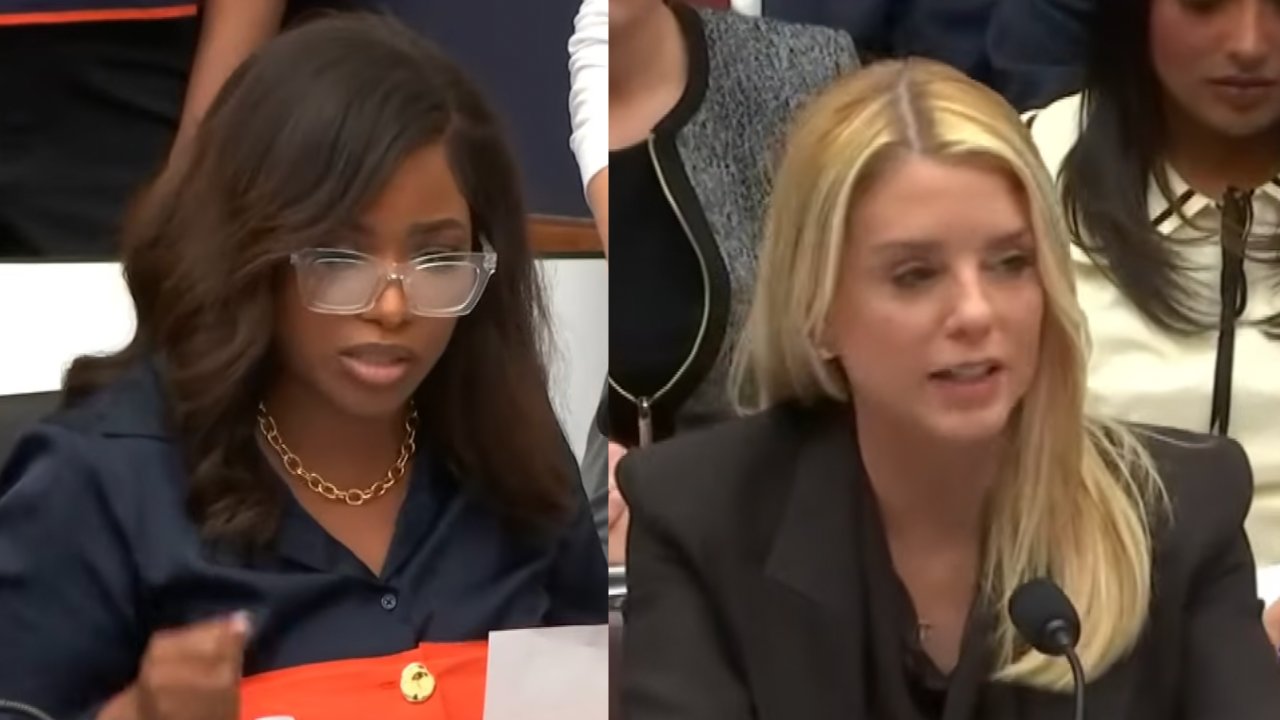Sean Combs avoided life in prison, but he’ll never be ‘Diddy’ again

The date is unknown, and perhaps several years away. But Sean Combs will one day be a free man again. When he is, Combs will re-enter a world where the universe he erected over the last three decades has been altered forever.
There will be no return to business as usual. Not after something like this. Not after a federal trial and chain of events that carry more weight than the sound and style he pioneered. Discussing the rise and corporatization of Black culture over the past 40 years would be genuinely impossible without Combs, but being “Diddy” — the ultra ubiquitous, sometimes obnoxiously boisterous entertainment mogul — is over.
Following a two-month, incredibly dramatic and graphic federal trial, the disgraced music executive learned his fate last Wednesday in a New York courtroom. Combs evaded the most serious charges of racketeering and sex trafficking levied against him, which threatened to incarcerate him for life. However, he was found guilty on two counts of transportation to engage in prostitution.
Initially, Combs saw the three not guilty verdicts as a massive success, even telling his family in the courtroom, “I’m coming home.” His children celebrated outside the courthouse, and some supporters reportedly doused themselves in baby oil — the lubricant at the center of Combs’ marathon orgies, now colloquially known as “freak offs.”
Hours after the verdict was read, the jubilant tone shifted when Judge Arun Subramanian denied the Bad Boy Entertainment founder bail and ordered Combs to remain in custody until his Oct. 3 sentencing. He faces up to 20 years in prison, though Combs is widely expected to receive much less than that. The prosecution has asked for up to five years while Combs’ defense requested roughly two.
The discussion now moves forward with a poignant question. One that runs in tandem with, as Rolling Stone dubbed, the verdict’s “chilling impact” on victims who come forward. Is Sean Combs prepared for the burden that is his new life? A burden, according to Combs’ former stylist Deonte Nash who testified at the trial, that is a product of his own doing and the facilities put in place that allowed him to reportedly terrorize many in his orbit for years.
“Mr. Combs has had countless opportunities to change, and he has chosen instead to escalate his harmful conduct,” Nash wrote in a letter to the court pleading Combs not be released on bail. “Allowing him back into the community now would be a profound mistake.”
Shortly before Thanksgiving in 2023, Casandra Ventura, known to the public as R&B singer Cassie, filed an explosive lawsuit that turned Combs’ life upside down. Though his career spanned decades and was never far from controversy, like allegedly assaulting fellow music executive Steve Stoute or the 1999 Club New York shooting that left his artist, Shyne, incarcerated for a decade. Combs always found a way to evade legal accountability in the form of prison time.
No matter the critics who rode shotgun during his entire existence in the public eye, Combs’ fame felt eternal. If it wasn’t music that was his primary calling — and honestly, for the past 20 years, it wasn’t — he always found a vein to relevancy. Entrepreneurship, media activations, philanthropy, it didn’t matter. Combs managed to make himself, if not the main character in a conversation, at least one that was undeniable across many generations.
Combs didn’t merely thrive off public adoration. It was air to him. His parties — namely, the summertime white parties — were the most exclusive. He was the tour de force who helped introduce Jodeci, Mary J. Blige, The Notorious B.I.G., Usher, The Lox and more into the cultural lexicon. He may not have “invented” the remix, but he sure as hell helped market it in ways previously unheard of. Being in Combs’ universe, from the outside looking in, was a privilege.
He fashioned himself an extrovert of extroverts, a hustler born into a genre that canonized hustlers, and he made money. Boatloads of money. That money gave him power. And that power gave him respect, whether earned or procured allegedly by sheer force or intimidation. Now, though, Combs sits in a position that seemed impossible before. No longer master of his fate, Combs is bankrupt of the only currency that ever truly mattered in building and maintaining one of the historic empires in American pop culture: the aura of “Diddy.”
Outside of a full acquittal, Combs was delivered the best realistic outcome he could hope for. But that doesn’t mean Combs will ultimately leave prison one day as the victor. No one won in this case. Not the prosecution. Not Cassie, or the witness who testified under the pseudonym “Jane,” or any of Combs’ alleged victims who faced him in court. And certainly not Combs. Too much was lost. Too much was revealed.
The testimonies of people directly impacted by Combs’ presence may not have been enough to warrant a sweeping guilty verdict on all counts. They are, however, on the record. And the 2016 video that showed Combs’ horrifically assaulting Cassie at the Intercontinental Hotel in Los Angeles has done more for his life, albeit negatively, than any of his blockbuster music videos. For all the power Combs had, and presumably still has, not even he could erase the past two years of his life.
From the opening moments of the case, Combs’ legal team said the quiet part aloud: He was a serial domestic abuser.
Violence was always an option when Combs wanted his way. His lawyers openly admitted that if the charges stemmed from his character flaws, a trial would’ve never been necessary because there was no doubt of his guilt. Their main stance was, “Yeah, he’s guilty of many things, but not these things.” On three of the five charges, the jury agreed.
The unique perspective returned to haunt them, however, as they requested that Combs be released on bail until his sentencing hearing. The judge rebuffed the idea, saying, in part, that his decision came from the defense’s admission of Combs’ history of violence.
In a news conference outside the courthouse Wednesday evening, Combs’ legal team vowed to continue the fight to get him out of jail. That’s the legal reality Combs faces. The cultural and historical ramifications are far more complex. There are two certainties in all the conversations surrounding Combs.
Rumors of his character swirled through industry circles for years. The insatiable thirst to be the loudest and most powerful in the room was, in many ways, his most potent drug addiction. For a man who has gone by several monikers his entire career, there is no doubt Combs will attempt to reinvent himself. Now the question is, can he live in a world where he’s an outcast? Can he stomach the fact that the entire world saw him savagely abuse his partner, drag her back to their hotel room, and never drop his towel in the process?
The days of multi-million dollar partnerships and courtside seats are now fixtures of a former life. The man who once held a stranglehold on radio is now far too radioactive to do business with. Narcissism may help Combs ignore his new reality, but it does nothing to make it any less truthful.
Then comes the question of how he’ll be embraced upon his return. It’s disingenuous to think Combs won’t find public support again because history has shown many are willing to look the other way toward a person’s indiscretions under the guise “time heals all wounds.” Had Combs’ trial taken place during the height of the #MeToo movement, it’s not unfathomable to think his punishment would have been far more severe.
Yet, American society has repeatedly shown, especially in the last several years, a level of disdain for morality that only seems to be increasing. In a statement released through her lawyer Doug Widor, Cassie said she was “pleased” with the verdict and that Combs would ultimately serve time.
Combs now sits in unprecedented territory. It’s the first time he’s been held legally accountable to this extent. For so long, he determined the future of countless individuals. Now, his future is in a judge’s hands. Combs has never been more vulnerable than he is now. A prison cell is his present and future reality, marking a monumental shift from a powerful and influential titan to a poster child pariah. In a sense, Combs’ new life began last week. It’s one he’s grossly unfamiliar with and one where infamy replaces influence.
For Sean Combs, a man whose life was once all about the Benjamins, one phrase defines the world he now finds himself in: no way out.
What's Your Reaction?
 Like
0
Like
0
 Dislike
0
Dislike
0
 Love
0
Love
0
 Funny
0
Funny
0
 Angry
0
Angry
0
 Sad
0
Sad
0
 Wow
0
Wow
0
































